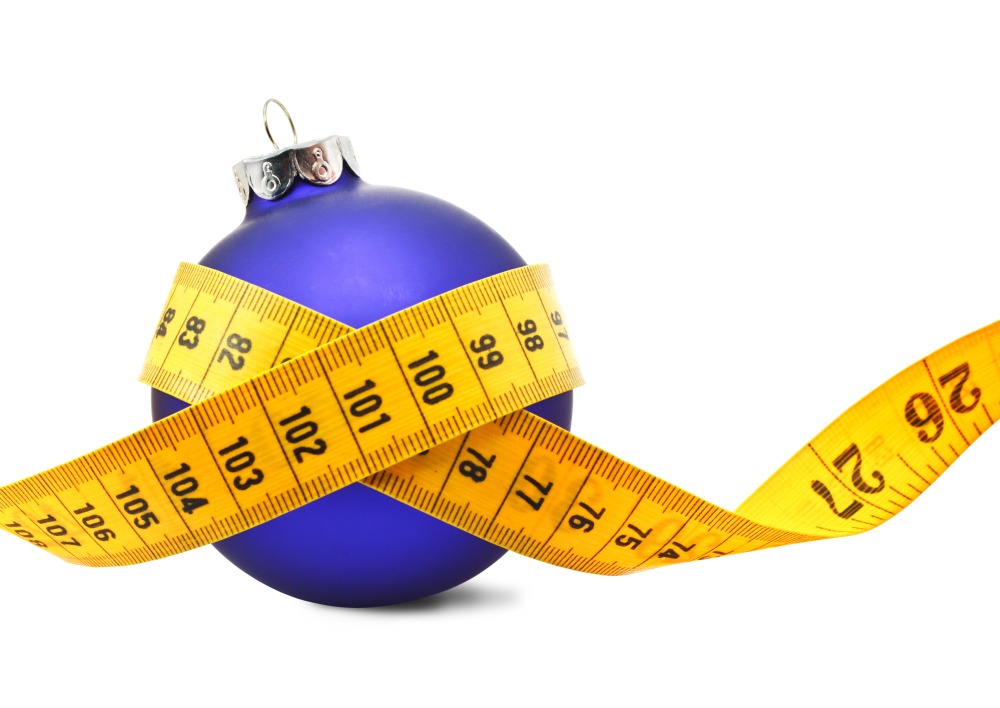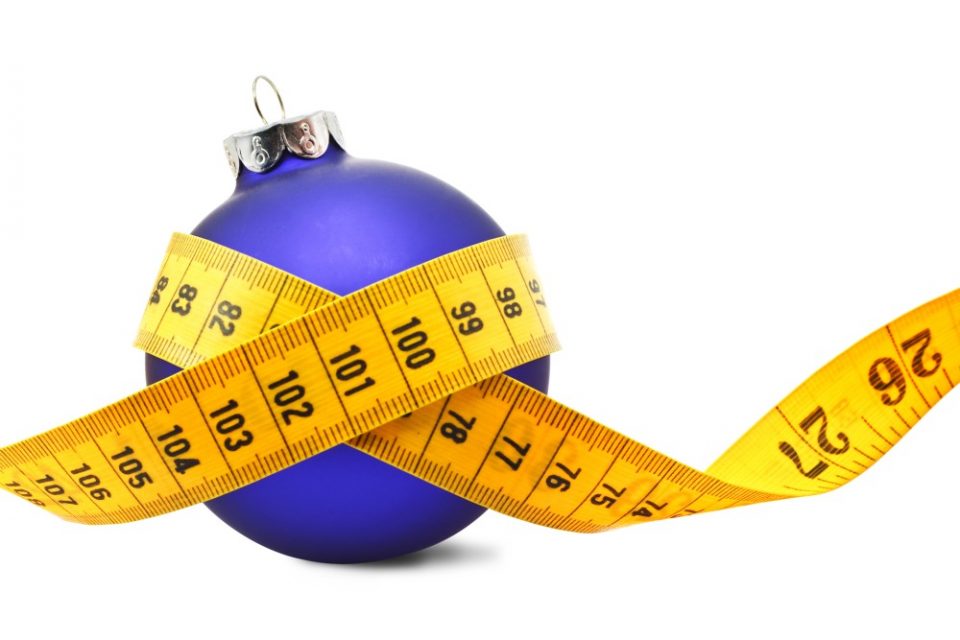
December is the month where temptation lies everywhere. You can’t move in the office for mince pies and chocolate, and everyone wants to go out for a Christmas drink. A bite to eat becomes a 3-course meal, and you’ll probably end up having that extra drink. So, what can you do to curb the excesses and try not to abandon all your good habits and routines? Here are our seven tips for avoiding gaining weight over the Christmas break.
Say no once a day
You’re going to be offered lots of things over the course of a typical day in December, but you don’t have to say yes to everything. Just making sure you say no to one thing a day will help; it might be that mince pie, that dessert or the ill-fated ‘one for the road’. That still leaves plenty to say yes to, and you can still enjoy yourself. Plus, you could always adjust this to two or three things a day if you want a greater challenge.
Make sure you get 15-20 minutes of exercise a day
This is vitally important and first thing in the morning is usually a good time for most people to exercise because you can get it done before your day gets hijacked by work, delays to your commute or the needs of your family and others. Try exercising fasted (so before you eat) as the absence of carbohydrates in your system means you’ll be in fat-burning mode. Studies have shown that consuming caffeine (typically through coffee) before training can also increase your ‘time to exhaustion’ and provide an increase in endurance, although this isn’t the case for everyone.
Walk wherever you can
Walking is highly under-estimated as a form of exercise, but the best way is to factor it into your daily commute. Get off the train a stop earlier, or get on a stop later and enjoy an extra mile or so of walking. I have a 3-stop rule; if my journey is 3 tube stops or less, I walk. This might take a minute to get your head around, but the body burns approximately the same number of calories to travel one mile on foot irrespective of your speed. In other words, it’s as affective to run as it is to walk in terms of calories, so consider your two feet to be your primary mode of transport.
Mix your drinks
If you are going out for an evening where the alcohol is flowing, vary your drinks. For example, for every two alcoholic drinks you have, choose a soft drink or water as your third drink. No-one will notice, you’ll still be enjoying a few drinks, and you’ll probably be less likely to have a headache in the morning. Another tip is to dilute your drinks with water (like a spritzer) or have a half rather than a pint. Put your drinks down on the table instead of holding them as well – you’ll take fewer sips.
Eat before you go out
Eating some healthy snacks before you go out for a meal will ensure you aren’t ravenous when it comes to sitting down to peruse the menu. You’re more likely to make healthier choices as you won’t be craving carbohydrate-heavy foods, and less likely to plunge your hand into the bread basket. It will also help you avoid over-eating whether that be ordering side dishes or an unnecessary extra course. If you’re going out for drinks, this advice is even more pertinent. Snack before you go out and you might just avoid making a bad decision later in the evening.
Drink plenty of water
The brain and the body send us signals all the time, but sometimes we get them confused. This can happen with thirst and hunger. Part of the brain called the hypothalamus sends a signal that you thirsty, but this can be frequently confused with the signal for hunger, causing people to overeat. If you feel hungry, and can’t get to food or have recently eaten or had a snack, have a glass of water first and see if that helps. Cold water is more effective than room temperature water because it is absorbed more quickly, but avoid carbonated water as it can interfere with digestion. Of course, the other helpful benefits of water include rehydrating after too much alcohol!
Leanne Spencer is an entrepreneur, coach, TEDx Speaker, author of Remove the Guesswork: the highly personalised approach to health, fitness and nutrition that puts you first, and founder of Bodyshot Performance Limited. Bodyshot is a health and fitness consultancy that uses innovative techniques such as DNA testing, wearable tech, biohacks and bespoke coaching to transform the lives of our clients. Visit www.bodyshotperformance.com or send an email to info@bodyshotperformance.com for more information or to register your interest in our services. Connect with us on Facebook, Instagram and Twitter.


